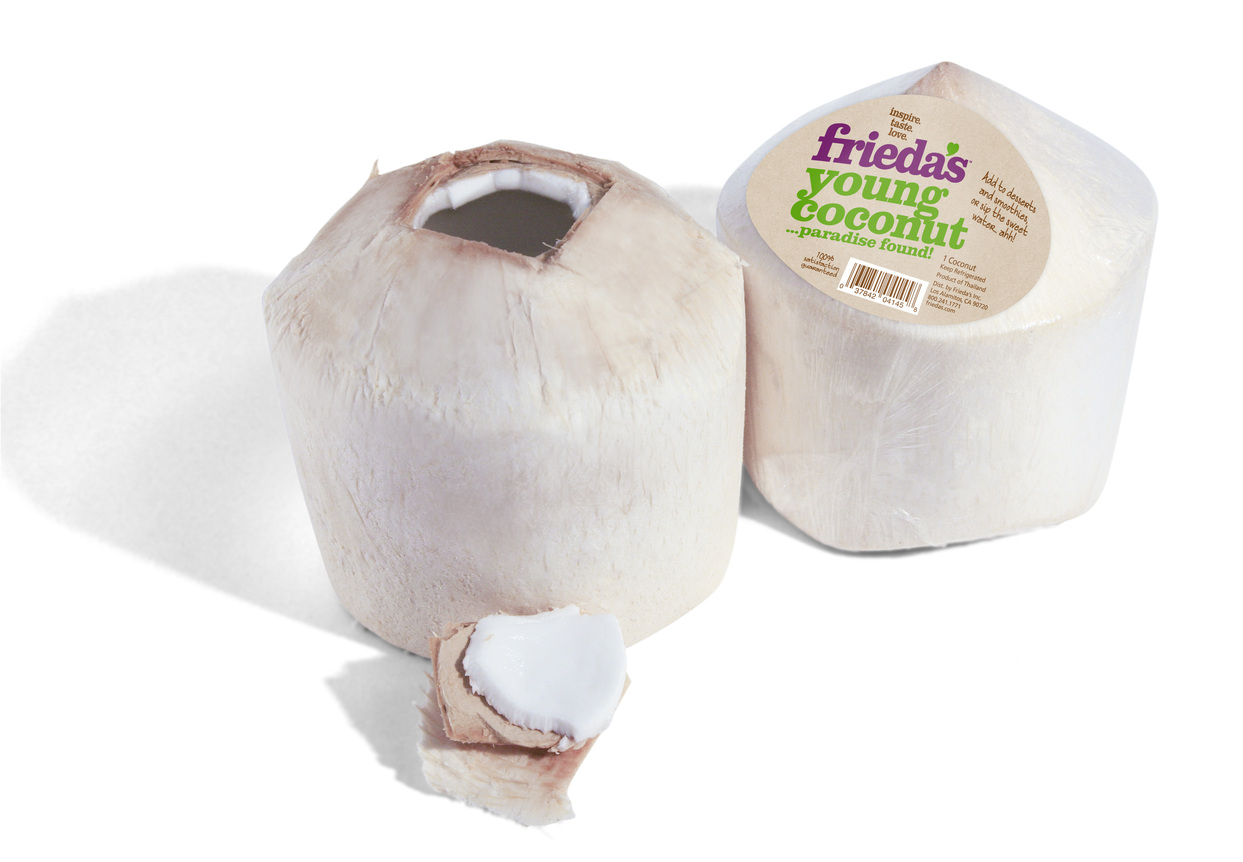

Articles
How To Store Young Coconut
Modified: October 21, 2024
Learn the best way to store young coconuts in this informative article. Find out tips and tricks for preserving the freshness and flavor of this delicious tropical fruit.
(Many of the links in this article redirect to a specific reviewed product. Your purchase of these products through affiliate links helps to generate commission for Storables.com, at no extra cost. Learn more)
Introduction
Young coconuts are not only a delicious tropical treat, but they also offer numerous health benefits. From their refreshing coconut water to the tender and creamy meat inside, young coconuts are a culinary delight. However, once you bring home a batch of young coconuts, you may wonder how to properly store them to maintain their freshness and quality.
In this article, we will guide you through the process of storing young coconuts, whether you want to keep them for a few days or extend their shelf life by freezing. We will also provide tips on storing young coconut water, so you can enjoy its hydrating properties whenever you desire.
So, let’s dive in and learn how to store young coconuts to ensure they remain delicious and ready to enjoy!
Key Takeaways:
- Choose firm, fresh young coconuts with pointed tops for optimal storage. Refrigerate for up to a week or freeze for long-term use, ensuring delicious, hydrating coconut water and tender meat whenever desired.
- Thaw frozen young coconut meat in the refrigerator for optimal texture. Use in smoothies, desserts, and savory dishes for a burst of tropical flavor. Store leftover thawed meat in the refrigerator for up to three days.
Read more: How To Store Coconut Macaroons
Choosing the Right Young Coconuts
When it comes to storing young coconuts, it’s important to start with selecting the right ones. Choosing high-quality young coconuts will ensure better storage results and a more enjoyable eating experience. Here are some tips to consider when purchasing young coconuts:
- Look for coconuts with a firm shell – Gently squeeze the coconut to ensure that it has a firm texture. Avoid ones with softer shells, as they might indicate that the coconut is old or poor in quality.
- Check for freshness – Examine the coconut’s husk for signs of discoloration, mold, or cracks. Fresh young coconuts should have a vibrant green husk without any blemishes.
- Shake for water content – Give the coconut a gentle shake. You should be able to hear a significant amount of water inside. This indicates that the coconut is younger and more suitable for consumption.
- Look for a pointed top – The pointed top of a young coconut is an indication that it is still immature and contains more water and less meat. If you prefer a higher water content, select coconuts with pointed tops.
By following these guidelines, you can ensure that you choose the freshest and highest-quality young coconuts for storage and consumption.
Storing Young Coconuts
After selecting the perfect young coconuts, it’s time to store them properly to maintain their freshness. Here are some methods you can use to store young coconuts:
Room Temperature Storage
If you plan to consume the young coconuts within a day or two, storing them at room temperature is the best option. Place the coconuts in a cool and dry area, away from direct sunlight or heat sources. Ensure that they are not touching each other to allow for proper airflow.
Refrigerator Storage
If you want to extend the shelf life of young coconuts, refrigeration is the way to go. Wrap each coconut individually in a paper towel or place them in a perforated plastic bag to absorb excess moisture. Then, store them in the refrigerator’s crisper drawer.
Keep in mind that refrigeration will slow down the ripening process, but the coconuts may dry out if stored for too long. Try to consume them within a week for the best quality.
Read more: How To Store Coconut Sugar
Freezing Young Coconuts
Another option for long-term storage is freezing young coconuts. Start by extracting the coconut water using a clean and sterile utensil or strainer. Then, carefully pry open the coconuts and remove the meat.
Next, rinse the coconut meat under cold water to remove any debris. Chop or shred the meat into desired sizes, and place them in airtight containers or freezer bags. Label the containers with the date, and store them in the freezer for up to six months.
Remember that freezing alters the texture of the coconut meat, making it firmer. Frozen coconut can be used in various dishes like smoothies, desserts, or curries.
By utilizing these storage methods, you can enjoy the delightful taste of young coconuts for an extended period, whether you choose room temperature storage, refrigeration, or freezing.
Refrigerating Young Coconuts
Refrigeration is an excellent method to extend the freshness and shelf life of young coconuts. By storing young coconuts in the refrigerator, you can enjoy their refreshing taste for a longer period. Here’s how you can refrigerate young coconuts:
- Prepare the coconuts: Before refrigerating, it’s essential to prepare the young coconuts. Start by removing the outer husk using a machete or a sturdy knife. Be cautious and ensure your safety while performing this step. Once the husk is removed, you will have access to the inner coconut shell.
- Extract the coconut water: Use a clean and sterile utensil or strainer to extract the coconut water. Pour the coconut water into a separate container. You can either consume it right away or store it separately for future use. Coconut water is highly hydrating and packed with electrolytes, making it a refreshing beverage on its own.
- Wrap the coconuts: Take each young coconut and wrap them individually in a paper towel. This will help absorb excess moisture and prevent the coconuts from drying out. Alternatively, you can place the coconuts in perforated plastic bags.
- Store in the crisper drawer: Place the wrapped coconuts in the crisper drawer of your refrigerator. The crisper drawer provides a controlled environment with slightly higher humidity, which helps maintain the freshness of the coconuts. Ensure that the coconuts are not squeezed tightly together and have some space for air circulation.
- Monitor the coconuts: Check the coconuts regularly for any signs of deterioration. If you notice any mold growth, foul odor, or discoloration, discard those coconuts as they may be spoiled. It’s crucial to consume the refrigerated young coconuts within a week for the best flavor and quality.
Refrigerated young coconuts can be enjoyed as a refreshing snack or used in various culinary creations. The meat remains tender, and the coconut water retains its natural sweetness. Incorporate these refrigerated young coconuts into smoothies, desserts, curries, or salads for an extra burst of tropical flavor.
Remember that the taste and texture of the young coconuts might slightly change after refrigeration, but they will still offer a delightful eating experience. By following these steps, you can confidently refrigerate young coconuts and enjoy them at your leisure.
Freezing Young Coconuts
Freezing young coconuts is a great way to preserve their freshness and extend their shelf life even further. By freezing young coconuts, you can have a supply of coconut meat ready to use whenever you desire. Here’s a step-by-step guide on how to freeze young coconuts:
- Remove the coconut water: Start by extracting the coconut water from the young coconuts. Use a clean and sterile utensil or strainer to pour the coconut water into a separate container. You can drink the coconut water immediately or store it separately.
- Open the coconuts: Carefully pry open the young coconuts to access the meat inside. Remove the coconut meat from the shell using a knife or coconut tool. Rinse the coconut meat under cold water to remove any debris.
- Prepare the coconut meat: Chop or shred the coconut meat into desired sizes. You can cut it into small chunks, thin slices, or grate it depending on your preference and intended use. By cutting the coconut meat into smaller pieces, it will be easier to thaw and use in different recipes.
- Package the coconut meat: Place the chopped or shredded coconut meat into airtight containers or freezer bags. Ensure that you label the containers or bags with the date of freezing. Squeeze out any excess air, and seal them tightly to prevent freezer burn.
- Freeze the coconut meat: Put the containers or freezer bags containing the coconut meat in the freezer. Position them in a way that allows for easier stacking and maximum freezer space utilization. The coconut meat can be stored in the freezer for up to six months.
When you’re ready to use the frozen coconut meat, simply remove the desired amount from the freezer and thaw it in the refrigerator overnight. Thawing in the refrigerator ensures that the coconut meat defrosts gradually and retains its texture.
The thawed coconut meat can be used in a variety of recipes, including smoothies, desserts, baked goods, and savory dishes. The frozen coconut meat will slightly change in texture after freezing, becoming firmer and more solid. However, it will still provide the delightful taste and aroma of young coconuts.
Freezing young coconuts is an excellent way to have readily available coconut meat for your culinary creations. By following these steps, you can ensure that your frozen coconut meat stays fresh and delicious for months to come.
Using Frozen Young Coconuts
Frozen young coconuts offer a convenient way to incorporate the deliciousness of coconuts into your recipes, even when fresh coconuts are not readily available. Here are some tips on how to use frozen young coconuts:
Read more: How To Store Coconut Flakes
Thawing the Coconut Meat
Before you can use frozen young coconuts, you’ll need to thaw the coconut meat. The best method is to transfer the desired amount of frozen coconut meat from the freezer to the refrigerator. Allow it to thaw overnight or for several hours until it is completely defrosted.
Thawing the coconut meat in the refrigerator ensures a slow and gradual thawing process, preserving its texture and flavor. Avoid thawing the coconut meat at room temperature or using a microwave, as this can lead to uneven thawing and affect the quality of the coconut meat.
Using Thawed Coconut Meat
Once the frozen young coconuts are thawed, there are several ways you can utilize the coconut meat:
- As a topping: Sprinkle thawed coconut meat on top of desserts like puddings, ice cream, or yogurt for added texture and flavor.
- In smoothies: Blend thawed coconut meat with other fruits, vegetables, and liquids to create creamy and tropical smoothies.
- In baked goods: Incorporate thawed coconut meat into baked goods like bread, cakes, and cookies for a hint of coconut flavor.
- In savory dishes: Add thawed coconut meat to curries, stir-fries, or rice dishes to infuse them with a delightful coconut taste.
- In salads: Sprinkle thawed coconut meat over salads to bring a tropical twist to your greens.
Get creative with your culinary experiments and explore different recipes that can benefit from the addition of young coconut meat. The possibilities are endless!
Storing Leftover Thawed Coconut Meat
If you have leftover thawed coconut meat, you can store it in the refrigerator for up to three days. Place it in an airtight container or wrap it tightly with plastic wrap to prevent it from drying out.
Keep in mind that the texture of thawed coconut meat may be slightly different from fresh coconut meat, as freezing alters the structure. However, it still retains its delicious taste and can be a fantastic substitute or addition to your dishes.
Using frozen young coconuts allows you to enjoy the tropical flavors of coconut throughout the year. With proper thawing and creative recipe ideas, you can enjoy the versatility of young coconuts in various culinary creations.
Storing Young Coconut Water
Young coconut water is not only delicious but also incredibly hydrating and packed with essential electrolytes. If you find yourself with an excess amount of coconut water or want to save it for later use, here are some tips on how to store young coconut water:
Read more: How To Store Coconut Water
Refrigeration
The most straightforward method to store young coconut water is to refrigerate it. Pour the coconut water into a clean and airtight container or bottle, ensuring that it is tightly sealed to prevent any contamination or loss of flavor. Place the container in the refrigerator and store it for up to four days.
It’s essential to note that refrigerated coconut water may develop a slightly altered taste and texture over time, but it will still be safe to consume. Give it a gentle shake before using to blend any separation of natural constituents that may occur during storage.
Freezing
If you have a large quantity of coconut water and want to store it for an extended period, freezing is an excellent option. Begin by pouring the coconut water into ice cube trays or freezer-safe containers, leaving some space for expansion.
Place the trays or containers in the freezer until the coconut water freezes solid. Once frozen, transfer the coconut water cubes into a labeled freezer bag to maintain freshness and prevent freezer burn. Ensure proper sealing to preserve the coconut water’s taste and protect it from contamination.
Frozen coconut water can be stored in the freezer for up to six months. It’s a convenient way to have individual portions of coconut water ready for use in smoothies, refreshing drinks, or as an ingredient in various dishes.
Other Storage Tips
- Use clean utensils and containers to handle the coconut water, as any contamination can affect its taste and quality.
- Avoid exposure to direct sunlight or heat as it can accelerate spoilage.
- If you notice any changes in scent, taste, or appearance, discard the coconut water as it may have spoiled.
- It’s always best to consume coconut water as fresh as possible for optimal flavor and nutrient content. Therefore, store only what you plan to use within a reasonable timeframe.
With these simple storage methods, you can enjoy the benefits of young coconut water even when it’s not readily available. Whether refrigerated or frozen, stored coconut water can still be used in a variety of refreshing beverages, smoothies, or as a natural ingredient in your favorite recipes.
Conclusion
Storing young coconuts properly is essential to preserve their freshness, taste, and quality. Whether you choose to store the whole coconuts, the coconut meat, or the coconut water, there are various methods you can use to extend their shelf life and enjoy them at your convenience.
By carefully selecting high-quality young coconuts and following the recommended storage methods, you can ensure that they remain delicious and ready to enjoy for days, weeks, or even months. Room temperature storage is suitable for short-term consumption, while refrigeration can extend the shelf life for up to a week. Freezing young coconuts allows you to store the meat and water for a longer period but alters their texture slightly.
When it comes to using frozen young coconuts, thawing them in the refrigerator is the best method to maintain their texture and taste. Thawed coconut meat can be used as a topping, in smoothies, baked goods, savory dishes, and salads, adding a tropical touch to your recipes. Thawed coconut water can be consumed as is or used in various refreshing drinks and recipes.
Remember to handle the young coconuts, coconut meat, and coconut water with clean utensils and store them in airtight containers or bags to prevent contamination and maintain their freshness. Additionally, always check for any signs of spoilage before consuming.
Whether you enjoy young coconuts for their delicious taste, hydrating properties, or culinary versatility, proper storage techniques ensure that you can savor their wonderful flavors whenever you desire. So go ahead, choose the best storage method for your needs, and make the most of the nutritious and delightful world of young coconuts!
Frequently Asked Questions about How To Store Young Coconut
Was this page helpful?
At Storables.com, we guarantee accurate and reliable information. Our content, validated by Expert Board Contributors, is crafted following stringent Editorial Policies. We're committed to providing you with well-researched, expert-backed insights for all your informational needs.
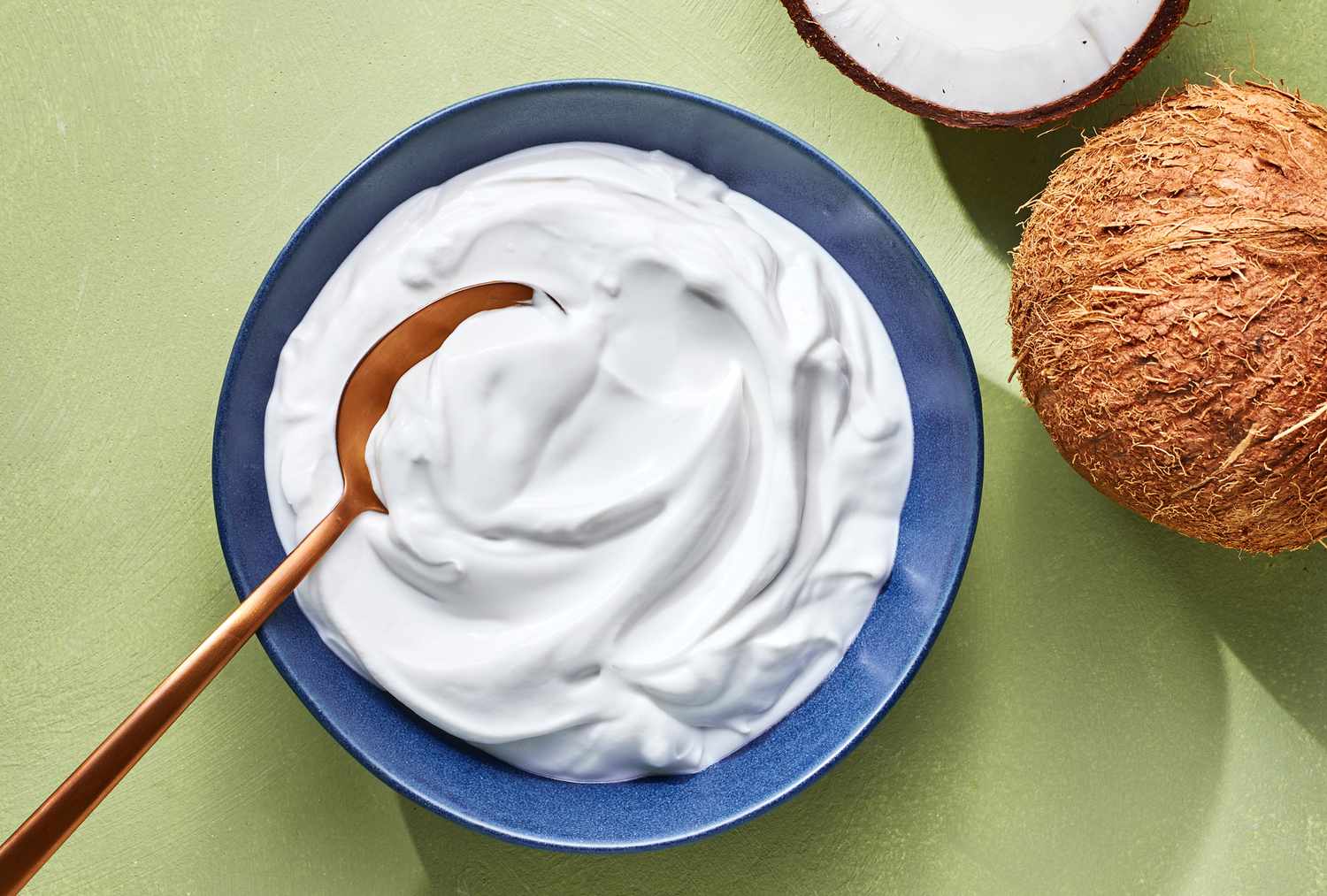
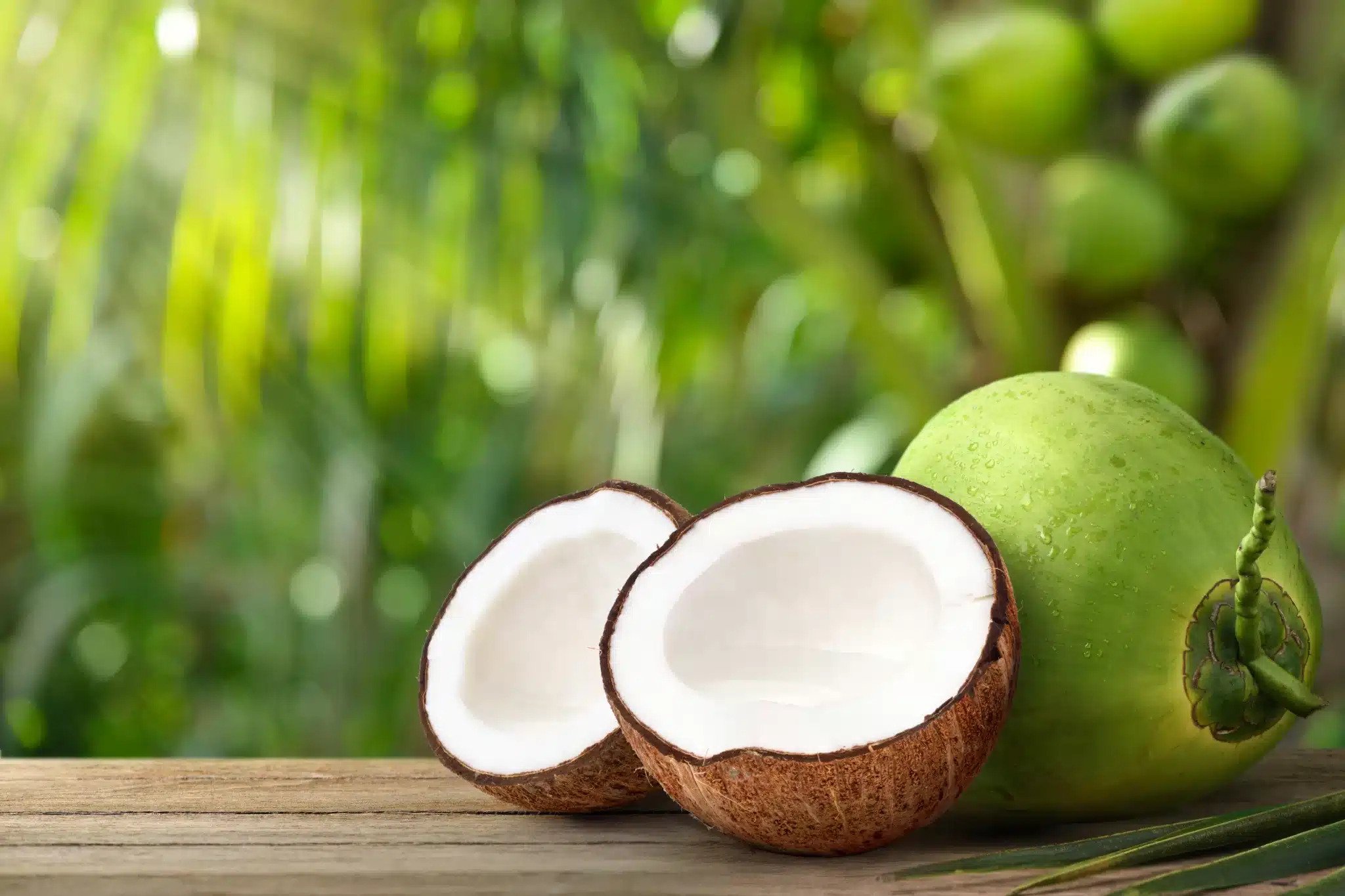
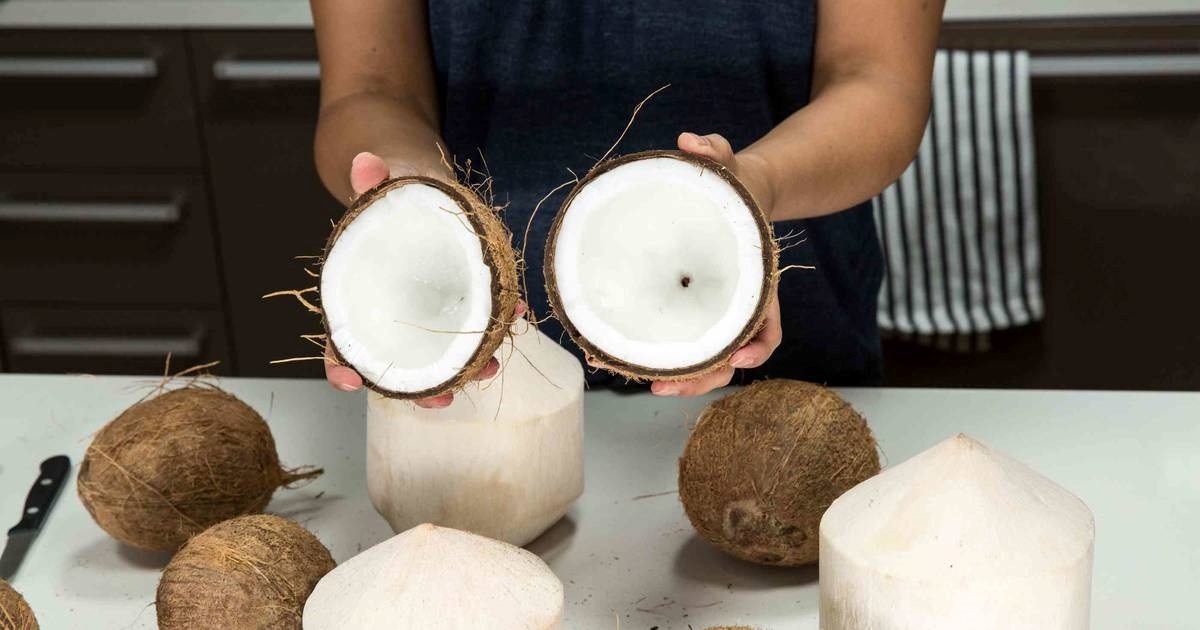
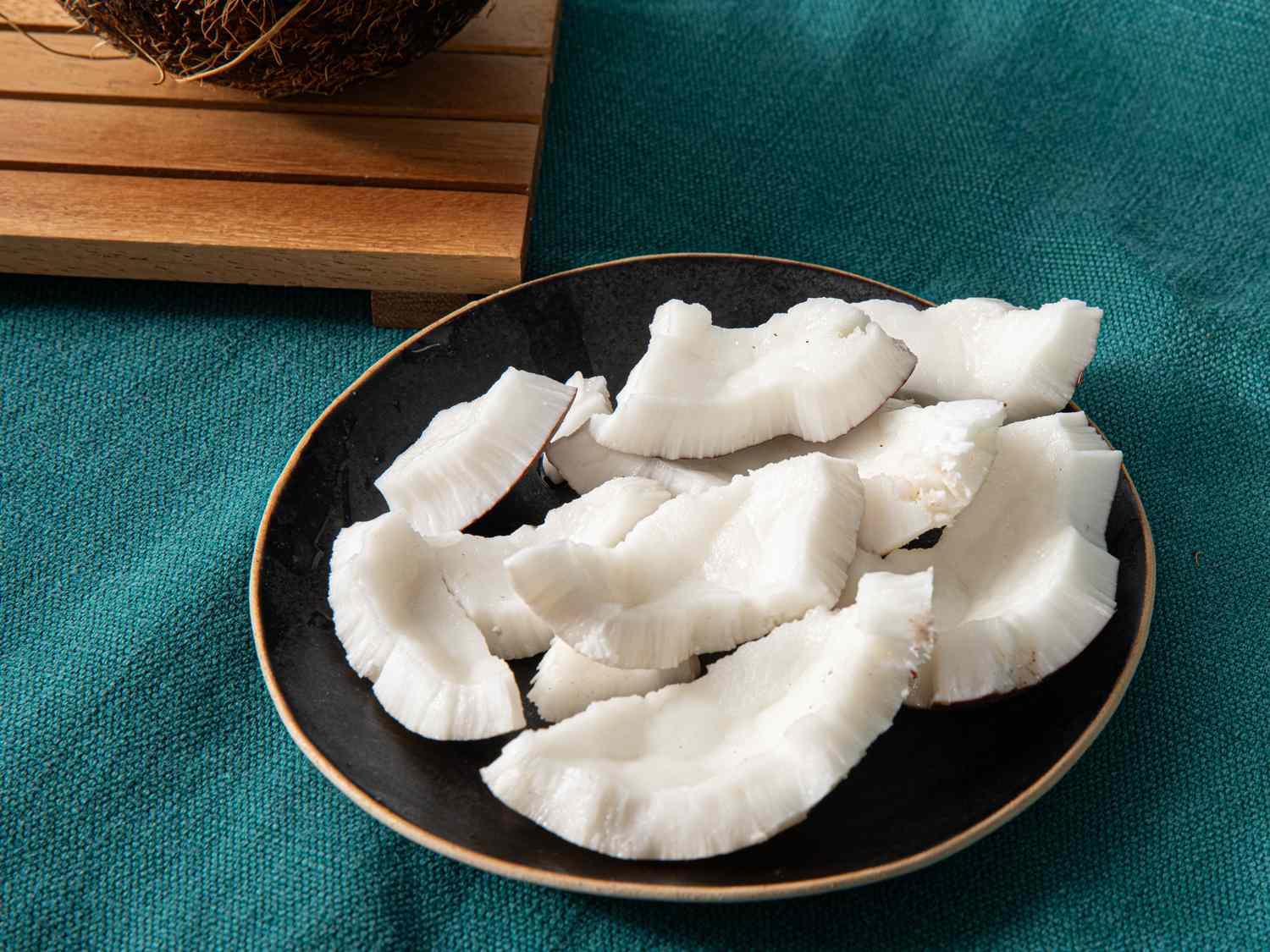
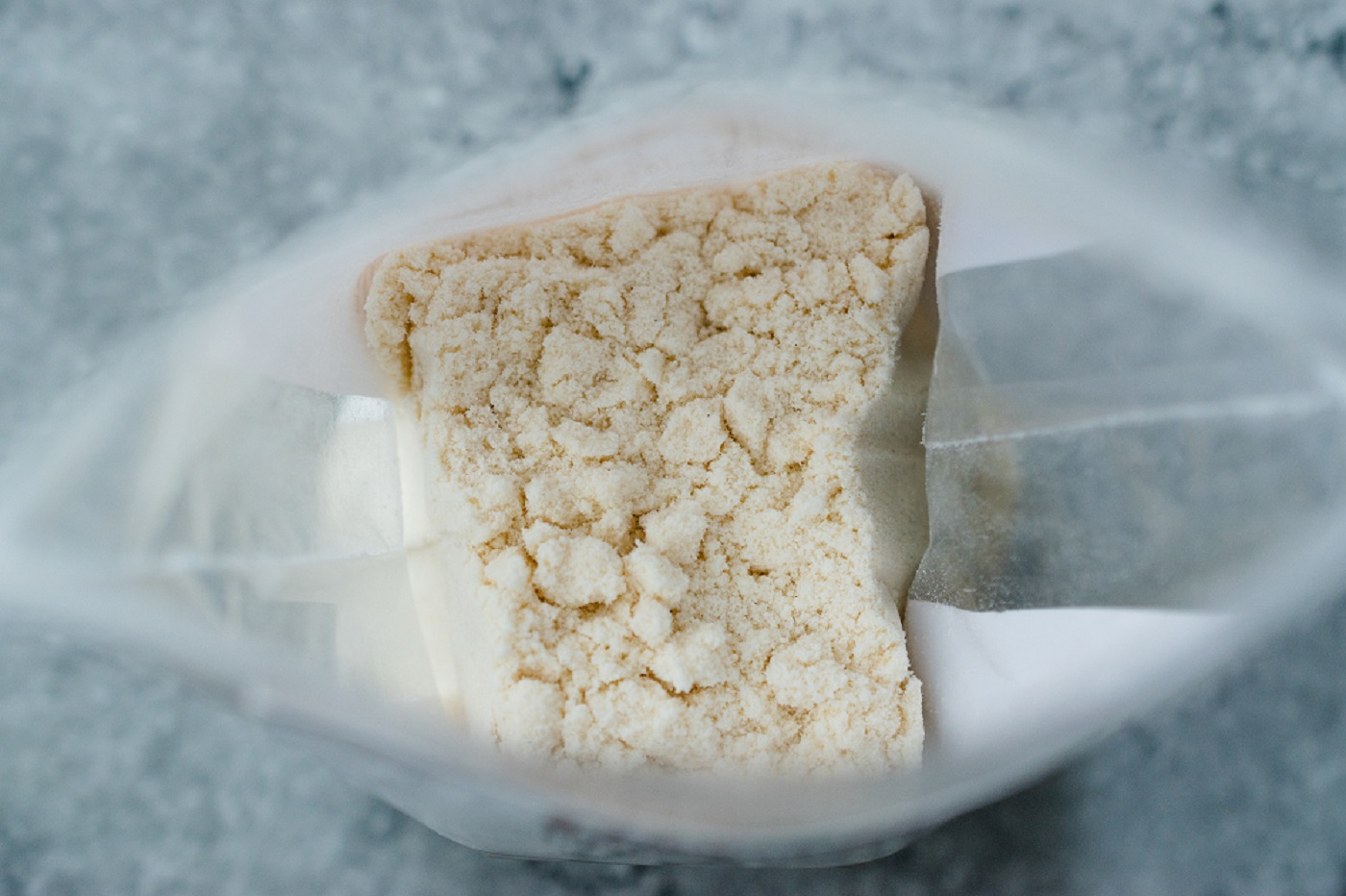

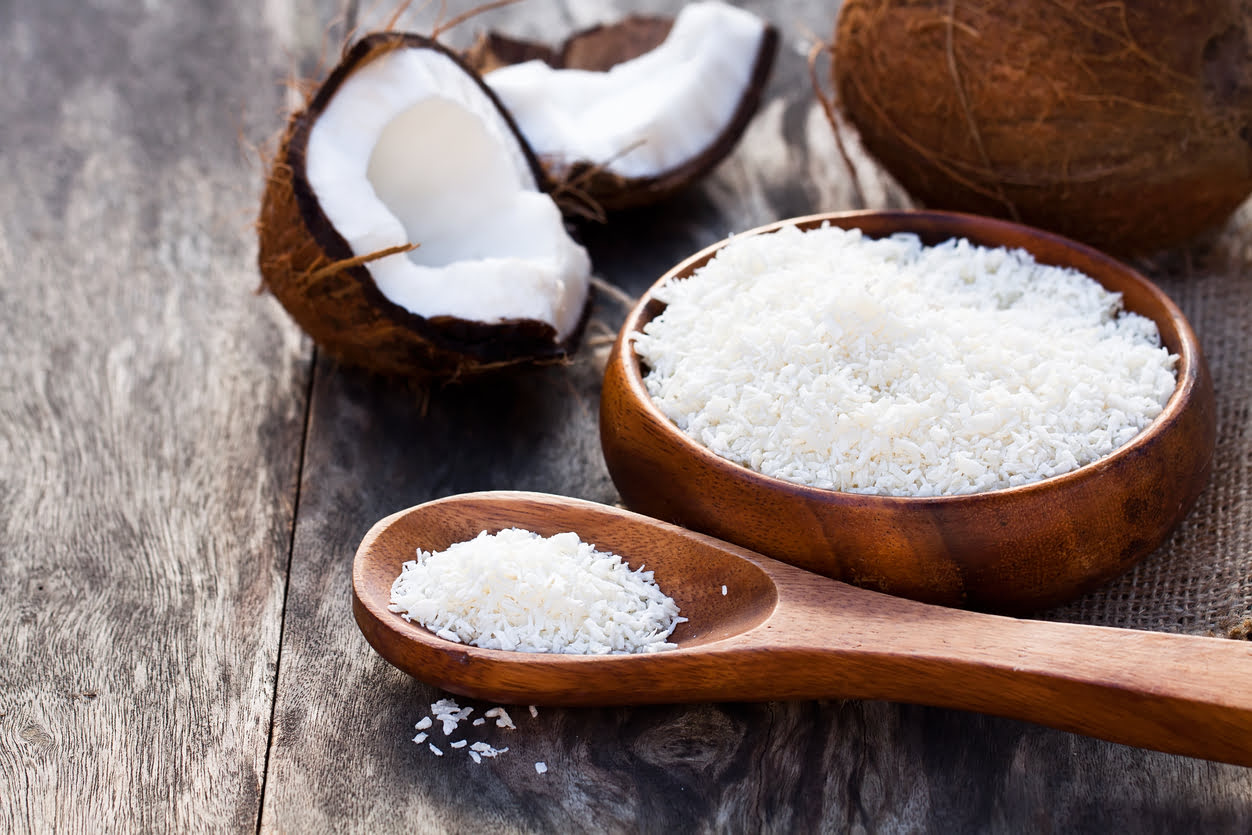
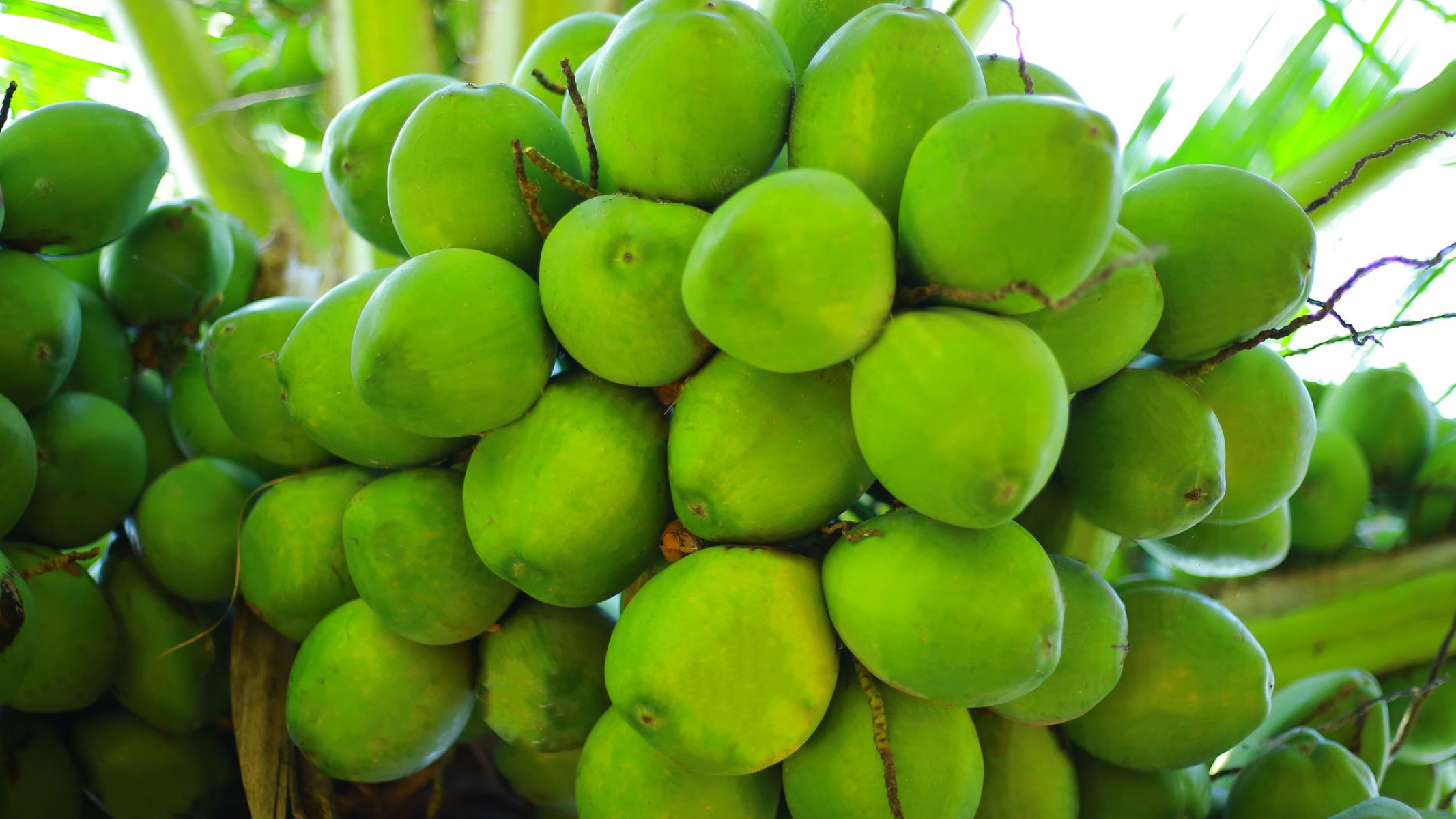
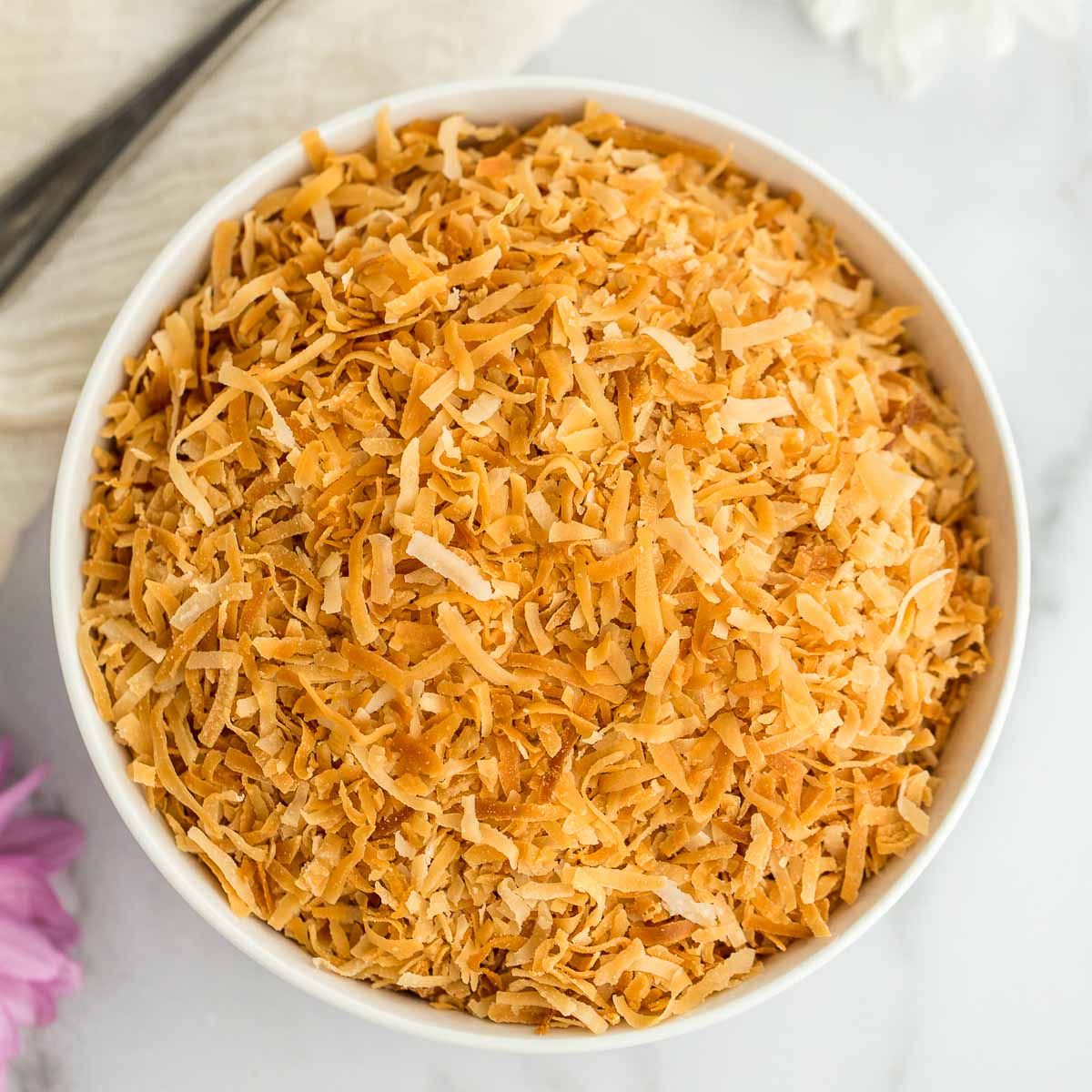
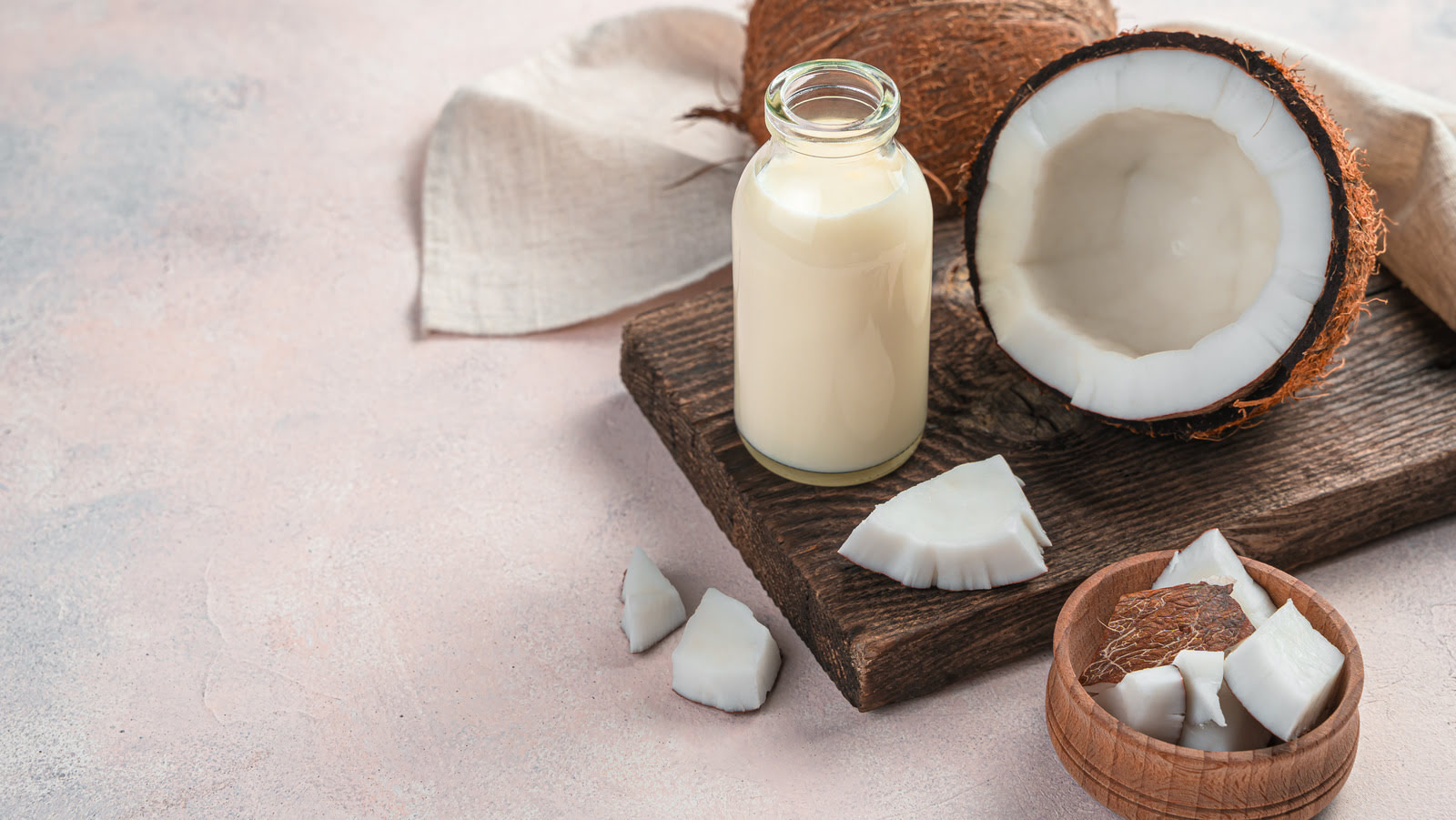
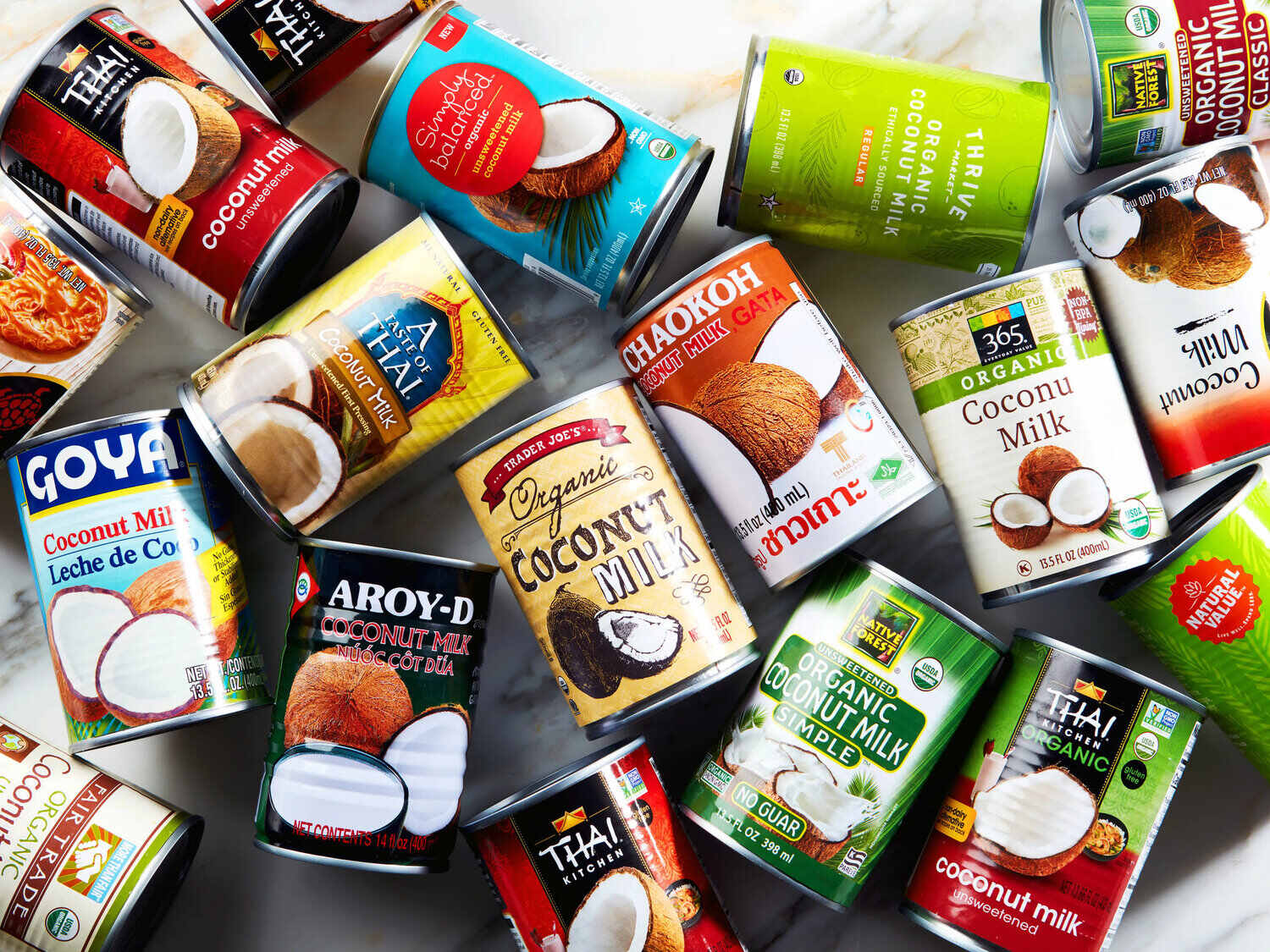
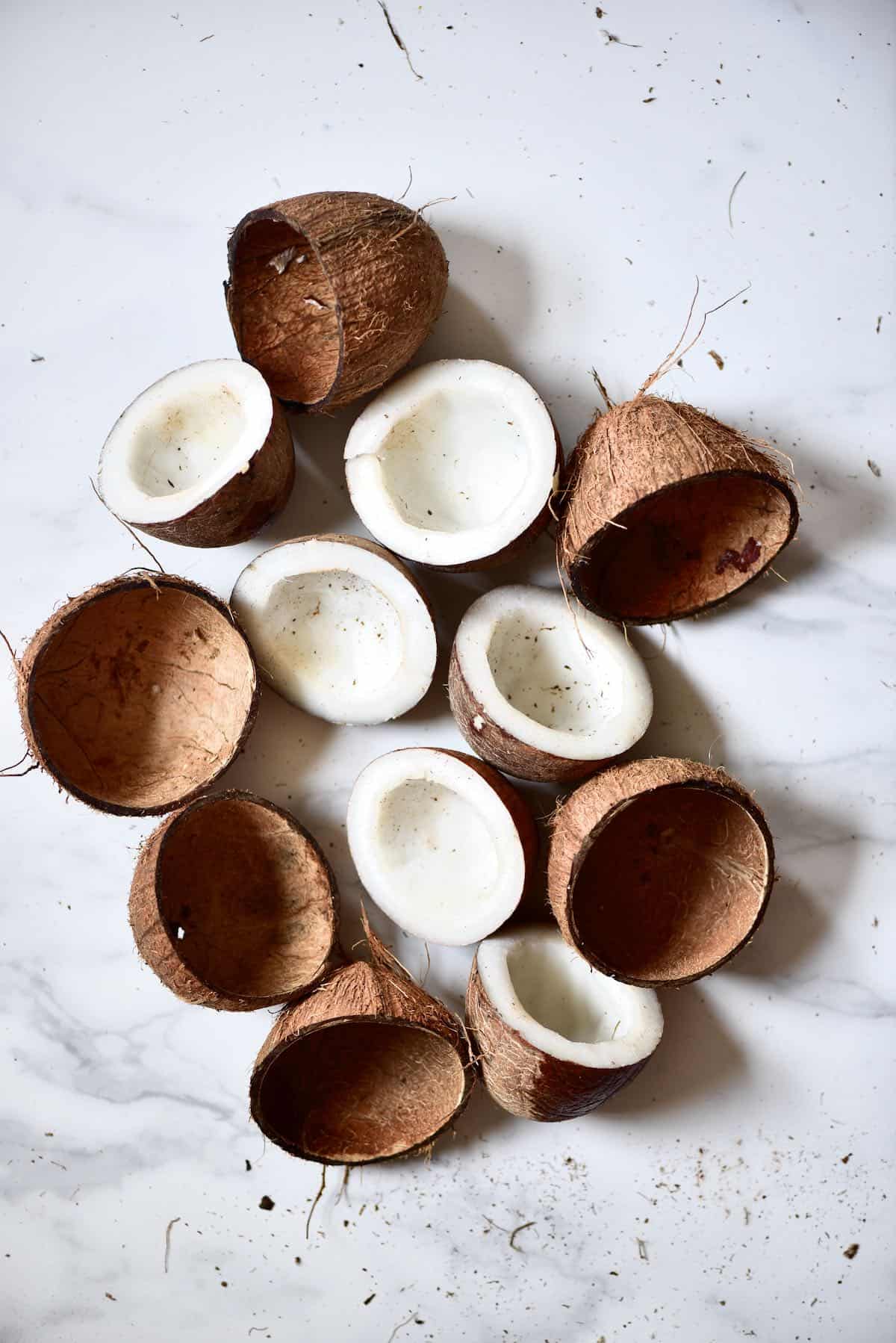

0 thoughts on “How To Store Young Coconut”